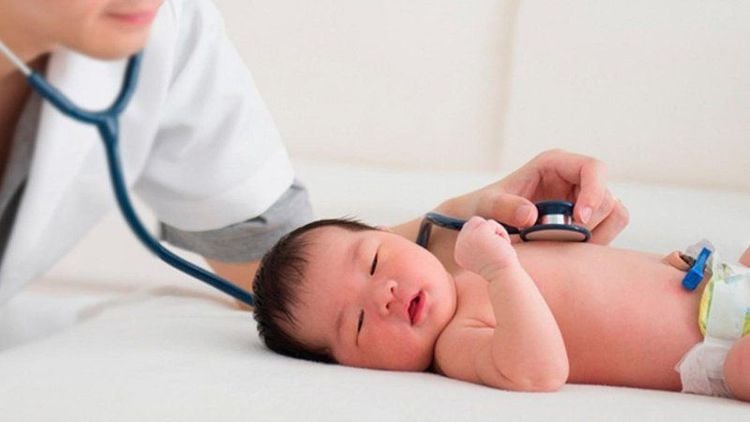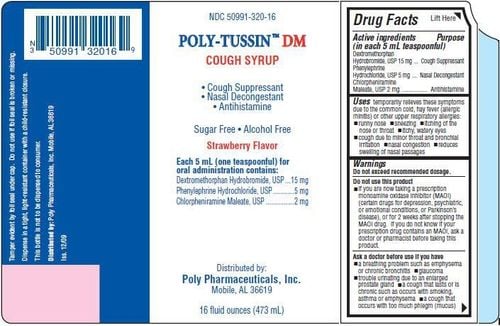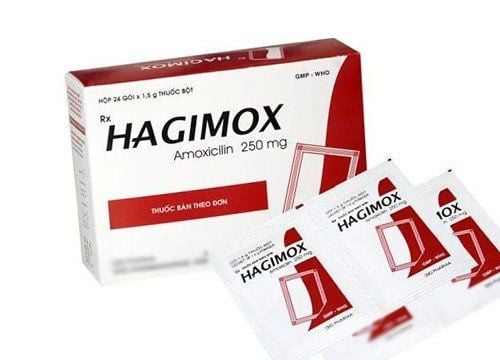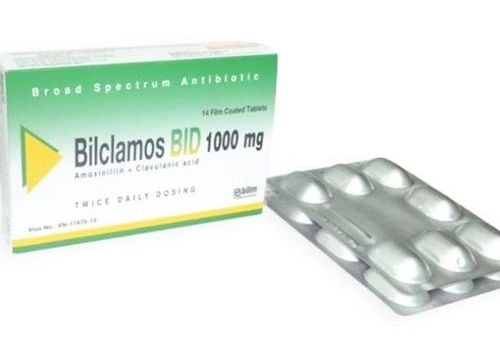This is an automatically translated article.
Newborns are very susceptible to cough because at this time their respiratory system is not fully developed. This is one of the common symptoms of a child's respiratory tract infection. Many parents wonder when to take their child to the doctor and how to take care of a newborn with a cough to help the child recover quickly.
1. Causes of Cough in Babies
Cough is a natural reflex to protect the body to expel secretions from the child's airway.
There are 2 basic causes of cough in infants:
Newborns have cough due to upper respiratory tract infection: This disease is usually caused by bacteria and viruses. Common upper respiratory infections in children include pharyngitis, rhinitis, tonsillitis, laryngitis, otitis media or flu. The upper respiratory tract includes the ears, nose, throat, sinuses, and larynx. These organs are often exposed to the air and the outside environment, so they are prone to infections, especially at the time of the change of season, the weather is cold, the living environment is humid, and the hygiene is poor. Babies who are not exclusively breastfed in the first 6 months are also susceptible to viral infections. Children with cough due to upper respiratory tract infection will most likely go away on their own with good care.

Newborn cough due to lower respiratory tract infection: Virus and bacteria are 2 causes of lower respiratory infection. Lower respiratory tract infections include diseases such as bronchitis, pneumonia,... Newborns with weak resistance will be very susceptible to attack. The environment is polluted, smoke is also the cause that makes children susceptible to diseases. Infants with lower respiratory tract infections can have severe respiratory failure and are at risk of death if not treated promptly. Newborns with coughs due to lower respiratory tract infections are often serious, so it is important to take them to medical facilities for examination as soon as possible.
Trắc nghiệm: các chỉ số cần chú ý về sự phát triển thể chất của trẻ
Chiều cao, cân nặng của bé ở từng giai đoạn nên là bao nhiêu là bình thường, bao nhiêu là bất thường? Cùng ThS.BS Ma Văn Thấm điểm lại xem bạn đã nắm được các chỉ số phát triển thể chất của bé chưa nhé!The following content is prepared under supervision of Thạc sĩ, Bác sĩ y khoa, Ma Văn Thấm , Nhi , Phòng khám Đa khoa Quốc tế Vinmec Dương Đông(Phú Quốc)
2. When should an infant with a cough need to be taken to the doctor?
Here are some signs when an infant has a cough that needs to be taken to the doctor as soon as possible, to avoid the risk of complications later:
For infants with cough due to upper respiratory tract infection: The child has a low-grade fever or a high fever, which may lead to convulsions. Abnormal breathing. At first, the child snorted, then turned to cough and cough a lot. Runny nose, fussiness, poor feeding. For infants with cough due to lower respiratory tract infection: The infant stops suckling completely or sucks less. Persistent high fever or sudden hypothermia. Wheezing, shortness of breath, wheezing. Drowsiness, sleep difficult to wake up. Children vomiting, regurgitation, fatigue. Cough lasts, coughs more at night and coughs more early in the morning. Children with cough, runny nose, sneezing. Breathe in the chest. Cyanosis.
3. What not to do when an infant has a cough

Do not expose children to polluted, smoke-laden environments. When a child has a cough, do not abuse antibiotics. Do not share baby care items. Children with cough should avoid contact with healthy children. Do not use cough medicine containing ingredients such as terpin-codein, neo-codion,... because they are easy to cause poisoning. Routine nasal aspiration or aerosol injection should not be performed as this may cause trauma or superinfection due to inadequate aseptic practice. A few other causes that can cause children to cough such as pollen, animal dander. Care should be taken when letting children come into contact with them. Avoid letting your child get cold. To avoid possible dangerous complications later, it is best to take the newborn to the doctor as soon as the cough appears. In addition, parents should also take care of their children carefully at this stage because at this time, the child's immune system is still weak, the respiratory system is still immature, which is a favorable condition for bacteria and viruses to develop, so it is easy to get sick. .
In order to strengthen the child's immune system and resistance, and at the same time protect the child from the invasion of bacteria in the first years of life when the body is still young, parents should actively monitor and take the child to be vaccinated. according to the vaccination schedule, especially for children under 1 year old.
In addition, parents should also add some supporting foods containing Lysine ingredients, essential micro-minerals and vitamins such as zinc, chromium, selenium, B vitamins,... The need for nutrients and at the same time supports the immune system, enhances resistance, reduces the risk of upper respiratory tract infections, bronchitis, colds, flu, runny nose,... Lysine is essential for With the development of children, promoting the production of digestive enzymes to stimulate children to eat better and digest easily and effectively, increase food metabolism, and absorb maximum nutrients from food. Increasing Lysine for babies helps the body create antibodies, develop resistance to help reduce cough and thin phlegm in children.
Parents can learn more: Why do you need to supplement Lysine for your baby?
Please regularly visit Vinmec.com website and update useful information to take care of your baby and family.














